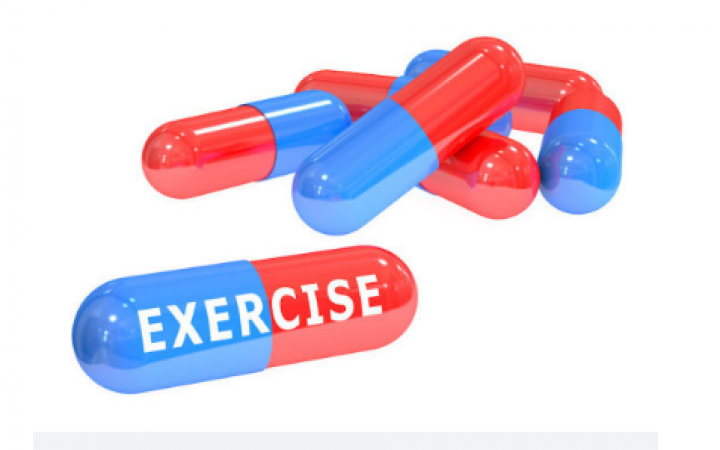
Researchers at Baylor College of Medicine, and Standford School of Medicine are closer to the goal of the benefits of exercising in a pill.
The collaborating institutions reported in the journal Nature that they have identified a molecule in the blood that is produced during exercise and can effectively reduce food intake and obesity in mice.
The findings of the study helped to understand the physiological processes which underline the inter-relation between exercise and hunger.
Co-corresponding author Dr. Yong Xu, and Professor of pediatrics—nutrition and molecular and cellular Biology at Baylor, said, “Regular exercise has been proven to help weight loss, regulate appetite and improve the metabolic profile, especially for people who are overweight and obese,”.
The findings improve our understanding of the physiological processes that underlie the interplay between exercise and hunger.
Data from a human exercise showed that sprint-induced exercise increases the plasma Lac-Phe in the most dramatic way, followed by resistance training and then endurance training. The team also found robust elevations in plasma Lac-Phe levels following physical activity in racehorses and humans.
“This suggests that Lac-Phe is an ancient and conserved system that regulates feeding and is associated with physical activity in many animal species,” Long said.
“Our next steps include finding more details about how Lac-Phe mediates its effects in the body, including the brain,” Xu added. “Our goal is to learn to modulate this exercise pathway for therapeutic interventions.”
“We wanted to understand how exercise works at the molecular level to be able to capture some of its benefits,” said co-corresponding author Jonathan Long, MD, assistant professor of pathology at Stanford Medicine and an Institute Scholar of Stanford ChEM-H (Chemistry, Engineering & Medicine for Human Health).
“For example, older or frail people who cannot exercise enough, may one day benefit from taking a medication that can help slow down osteoporosis, heart disease or other conditions.”
These data define a conserved exercise-inducible metabolite that controls food intake and influences systemic energy balance.
Link between Natural Disasters and Mental Health: Study
Living with PCOS and PCOD: A Health Hazzard
Health Impacts due to Flood and Assam